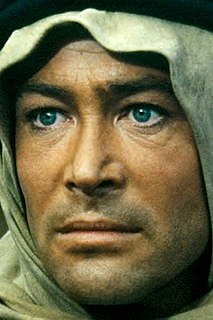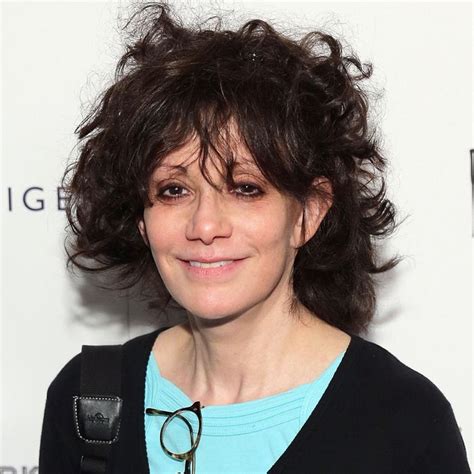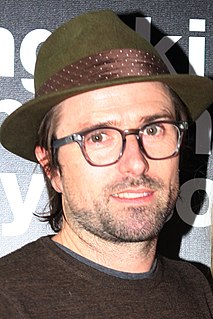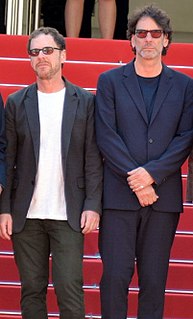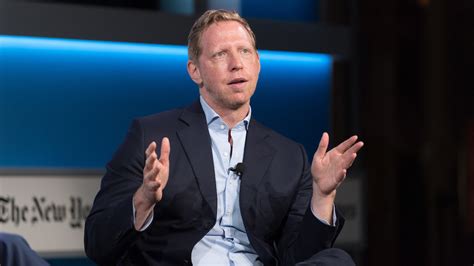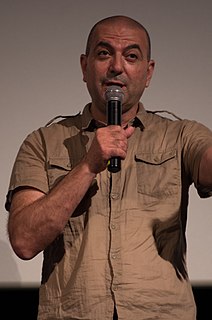A Quote by Errol Morris
I believe we have two ideas about how movies are made in our heads. Idealizations. Platonic ideals. One of them is of a movie that is completely uncontrolled, and another is a movie that is completely controlled. The auteur theory vs. cinéma vérité.
Related Quotes
There's a real tension between it being a collaborative art process, which is almost like performance art of yourself, and, as we talk about the movie, it's kind of a mix between melodrama and cinéma vérité. This involves ideas about playing the role of yourself and the movie of your life and all these other things.
It's basically how I choose movie roles. Would I like to see this movie? Is this movie important? Why would I do this? And Headhunters is a movie that I would like to see in the cinema. And when it's sold to 50 countries or whatever, for me it's a great deal. I make movies for an audience so if that audience grows, I feel really honoured and thankful for it.
I find music the the clearest and easiest way in to what a movie will feel like - more so than visual references or other movies or dense dossiers of research material. Every now and then I'll send a piece of music or two to people I'm working with - actors or heads of department - when I think it'll help them get a sense of the kind of movie I'm proposing. Often those pieces will end up in the movie - sometimes they won't.
Giancarlo Giammetti has a lot of nervous energy. He's a director, really. He was trying to direct the Valentino movie over my shoulder. I don't blame him - that's been his job for 50 years. But I had final cut in the movie by contract and I wouldn't have made the movie if I had not been completely independent.
I had the opportunity to work with Aliens and Predators when Resident Evil 2 was being made and it was for two different studios. It was for Fox and Sony. They don't care about one another. They just want their movies. So it was very difficult to delay one and... So I had to make a very painful decision to kind of step away from directing the second movie and with the third movie it was the same.
Politics is different than movies. Politics are controlled by leaders. Leaders of every country have different interests. And they try to explain to their people why they should take one side or the other side. But in the movie its doing the opposite. It allows you to have a Universal Experience. You don't watch it as politics but as a movie. You don't have different reactions all over. It's so universal a language. It's not a political language serving a political agenda. The language of cinema is a world language. With the Hollywood movie, it brings about the same reaction wherever it goes.





